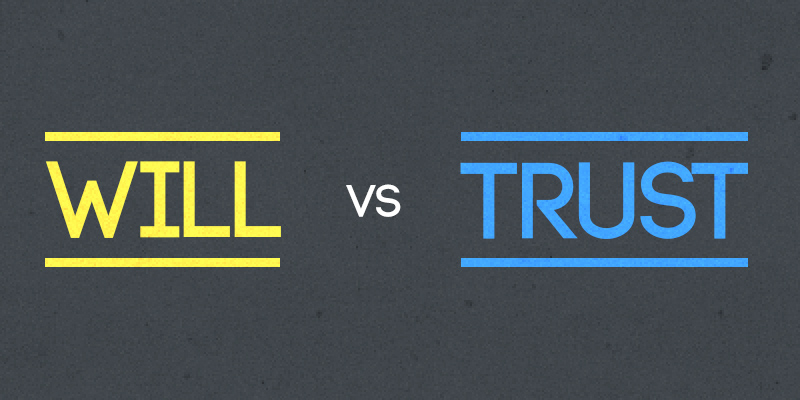Many Americans make common financial
mistakes and keep making wrong financial decisions regarding their money. It
takes 23 days to develop a habit and 23 days to start a new one.
To stop making
mistakes requires acknowledging that you are making a mistake and requires
changing your mindset. It also requires discipline, determination, commitment, perseverance
and the willingness to make a change and do better.
Everyone
makes mistakes but the key is to learn from them so that you do not make them
again in the future. Unfortunately, most people did not learn good financial habits
growing up and as a result have or continue to make bad financial mistakes and
learn financial lessons and skills through trial-and-error. Learn from the
financial mistakes of others to avoid losing money, stress and fights with your
spouse or partner.
If you are currently experiencing financial difficulties, it
is of vital importance that you avoid making financial mistakes because it is
the key to surviving your difficult times. Avoid mistakes multiple mistakes regarding your finances and avoid procrastinating
about making a change, this only makes your situation worse.
Common financial mistakes that
people keep making can wreak havoc on your life and may lead to financial
disaster. These twenty tips will help
you improve your financial situation and overcome your past mistakes and set
you on the right path to financial stability.
Mistake
1 - Overdraft fees on bank accounts.
Solution: Use online banking or setup text or email
alerts to remind you when your account balance is low.
Mistake
2 - Paying late fees.
Solution: Pay bills
on time or call creditors to setup payment plans.
Mistake
3 - Not reporting all income on your taxes.
Solution: Report
all income on taxes even if you are unsure if it should be reported, this
reduces your tax liability.
Mistake
4 - Paying an over-the-limit fee or an annual fee on a credit card.
Solution: Monitor
your credit card balance to ensure you do not go over your limit and read the
credit card disclosure or terms and conditions of the credit card to avoid
paying penalties.
Mistake
5 - Buying an item you cannot afford.
Solution: Only buy
items you can afford to pay back, purchase items with cash to prevent going
into debt.
Mistake
6 - Not tracking your spending.
Solution: Create a
budget to track how much you earn, spend and owe and include debt and financial
goals in your budget.
Mistake
7 - Using credit cards for everyday purchases.
Solution: Pay the
balance in full at the end of each month or immediately after your purchase to
avoid paying finance charges and paying more than the item is worth.
Mistake
8 - Using payday loans or cash advances.
Avoid quick
fixes. The interest rate can be as high
as 200%.
Solution: Earn
extra income through a part-time job, selling items at a garage sale or flea
market, selling items online or at thrift stores.
Mistake
9 - Using checking cashing places or liquor stores to cash checks which charge
high fees.
Solution: Use
direct deposit for free.
Mistake
10 - Credit score monitoring.
Solution: Avoid
buying credit score monitoring, you can check your credit score yourself and
most major banks offer a free option to view your credit score.
Mistake
11 - Not tracking spending.
Solution: Record
receipts of all purchases and reconcile daily, weekly or monthly to track
spending and to catch errors quickly.
Mistake
12 - Not saving for retirement.
Solution: Retirement
is meant for one person. You will need
enough income to cover your monthly bills and expenses for at least 30 years.
Mistake
13 – Using auto dealer
financing.
Solution: Obtain an auto loan through your local bank or
credit union that offer better deals and will give you the best interest rate
based on your credit score. Dealer
financing comes with lots of extra fees and hidden costs.
Mistake 14 - Extending a loan.
Avoid extending the car loan for
more than 4 years or extending a mortgage loan beyond 30 years. Paying
a couple of more points in interest and extending the loan for another year or
two is expensive.
Solution: Obtain a
loan you can afford. Purchase a cheaper auto or purchase a smaller home. One
you pay it off you will be in a better financial position to upgrade.
Mistake 15 - Continuing to apply for
credit once you have been denied or have maxed out your credit cards.
This lowers your credit score.
Solution: Use credit as a backup payment method. Use only
two to three credit cards. Keep credit card balances at 20% or less of the
limit. Use a debit card or cash to purchase items.
Mistake 16 - Misusing
introductory rates.
Solution: When the
introductory rates expire, the balance plus any new purchases are charged at a
higher interest rate and you could end up owing more debt than you did before
transferring the balance.
Mistake
17 - Using home equity loans to remodel a home or pay off debt.
If you experience
difficulties in making payments, you could default on the loan and risk losing
your home. Since the amount that you can borrow is based upon your home’s
value, as the value of your home decreases, so does your equity.
Solution: Obtain a
personal loan or line of credit, earn extra income or save up to pay the
amount.
Mistake
18 - Using a credit card advance.
Few understand that
payments made to the credit card will first go toward regular purchases. Since cash
advances carry higher interest rates than credit cards, problems arise when
balances are carried over and both interest and fees compound.
Solution: Earn
extra income, obtain a personal loan or create an emergency savings account.
Mistake
19 - Withdrawals from your retirement account.
If you withdraw
money prior to retirement age or if you leave your job, you’re obligated to pay
back the entire borrowed amount generally within 30-60 days. If you don’t, the
unpaid balance will be treated like a distribution and you’ll owe taxes on the
money and be charged a penalty.
Solution: Create an
emergency savings account to cover monthly bills and expenses for 9-12 months
to reduce usage of credit card, home equity loans, and other risky financial
products.
Mistake 20 – Not checking your credit
report.
Solution: Check
your credit report at least once a year and at least three months before to
major purchase to ensure all the information is accurate and to avoid any
surprise accounts that may appear on your reports that you are not aware of.



